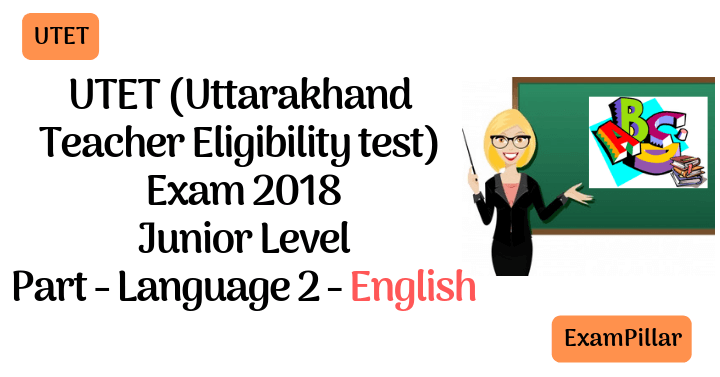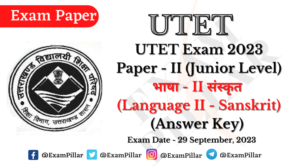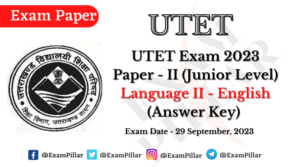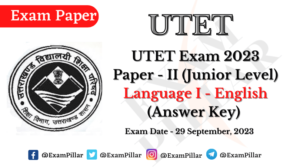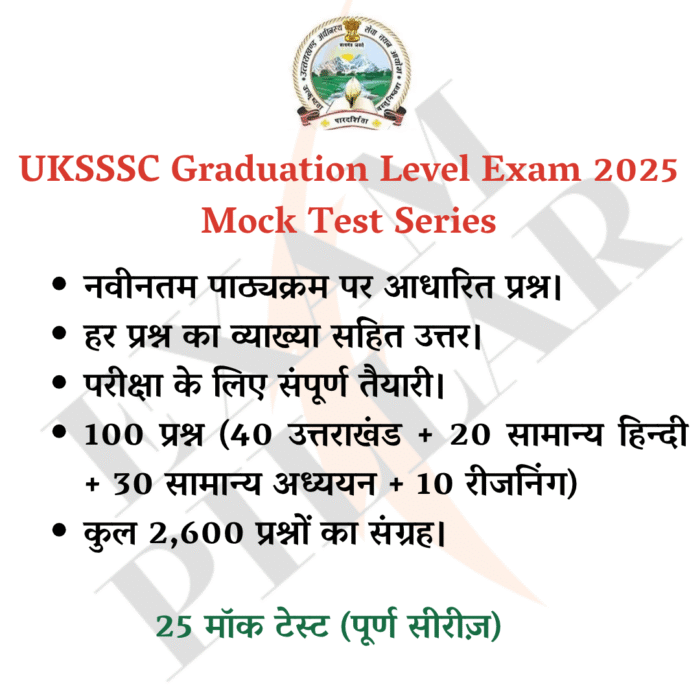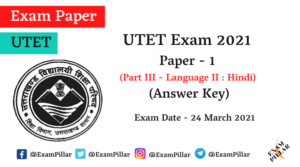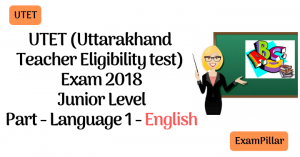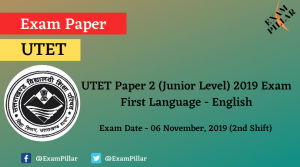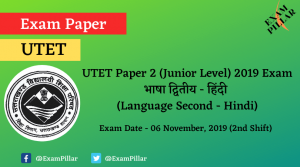Direction (Q. No. 15 – 18): Read the passage given below and answer the questions that follow by selecting the most appropriate option.
Self directed learning, in its broadest meaning, describes a process in which individuals take the initiatives with or without the help of others, in diagnosing their learning needs, formulation of learning goals, identifying resources for learning, choosing and implementing learning strategies and evaluating learning outcomes. Thus, it is important to attain new knowledge easily and skillfully for the rest of his or her life. What is the need for self-directed learning? One reason is that there is convincing evidence that people, who take the initiative in learning, learn more things and learn better than people waiting to be taught. The second reason is that self-directed learning is more in tune with our natural processes of psychological development; an essential aspect of maturing is developing the ability to take increasing responsibility of our own lives to become increasingly self-directed. The third reason is that many of the new developments in education put a heavy responsibility on the learners to take a good deal of initiative in their own learning. To meet the challenges in today’s instructive environment, self directed learning is most essential.
15. In self-directed learning, an individual
(A) Takes initiative with or without the help of others.
(B) Is passive and waits for directions.
(C) Is helpless and dependent.
(D) Takes initiative, without an objective.
Show Answer/Hide
16. There is need for self-directed learning because
(A) It is less challenging.
(B) It helps people to learn more things and learn better.
(C) It is more cost effective method.
(D) It is a modern method of learning.
Show Answer/Hide
17. The modern environment according to the author is –
(A) Restrictive
(B) Instructive
(C) Less developed
(D) Impracticable
Show Answer/Hide
18. The synonym of the word ‘Diagnosing’ is –
(A) Searching
(B) Examining
(C) Identifying
(D) Complying
Show Answer/Hide
19. Which one of the following choices is consisted of a perfect language slot?
(A) Talking, listening, reading and expressing.
(B) Writing, dictating, reading and listening.
(C) Reading, listening, studying, speaking
(D) Listening, reading, speaking and writing.
Show Answer/Hide
20. In the context of Pupils learning difficulties which one of the following is not a learning difficulty?
(A) Poor memory.
(B) Short of comprehension power.
(C) Inability to transfer knowledge to the related learning areas.
(D) Lack of good books.
Show Answer/Hide
21. The basic purpose of mid term assessment is –
(A) To decide pass and fail.
(B) To measure learning achievement.
(C) To give assignments in writing.
(D) To measure learning achievement and arrange supplementary teaching to fill learning gaps.
Show Answer/Hide
22. Taxonomy of educational objectives is not related to which one of the following –
(A) Psychomotor domain.
(B) Socio-economic domain.
(C) Cognitive domain.
(D) Affective domain.
Show Answer/Hide
23. The ‘structural approach’ in teaching English corelates between-
(A) Grammar and skills
(B) Skills and drills
(C) Grammar and poetry
(D) Grammar and composition
Show Answer/Hide
24. Teaching skills are developed by using
(A) Simulations
(B) Micro-teaching
(C) Interaction analysis
(D) Action-research.
Show Answer/Hide
Direction (Q. No. 25 to 27): Choose the correct pronoun (reflexive) to complete the sentence.
25. The bubble burst ……
(A) itself
(B) himself
(C) themself
(D) herself
Show Answer/Hide
26. The guests made …… merry.
(A) himself
(B) itself
(C) hemselves
(D) yourselves
Show Answer/Hide
27. The Japanese feed……chiefly on rice.
(A) himselves
(B) yourself
(C) myself
(D) themselves
Show Answer/Hide
Direction (Q. No. 28 to 30): Choose the correct auxiliary or modal verb out of the given alternatives.
28. When__.we see you again?
(A) shall
(B) may
(C) does
(D) should
Show Answer/Hide
29. You ___ improve your spelling and pronunciation
(A) might
(B) had
(C) must
(D) would
Show Answer/Hide
30. I ______ live there when I was a boy.
(A) could
(B) must
(C) shall
(D) used to
Show Answer/Hide
Read Also …

